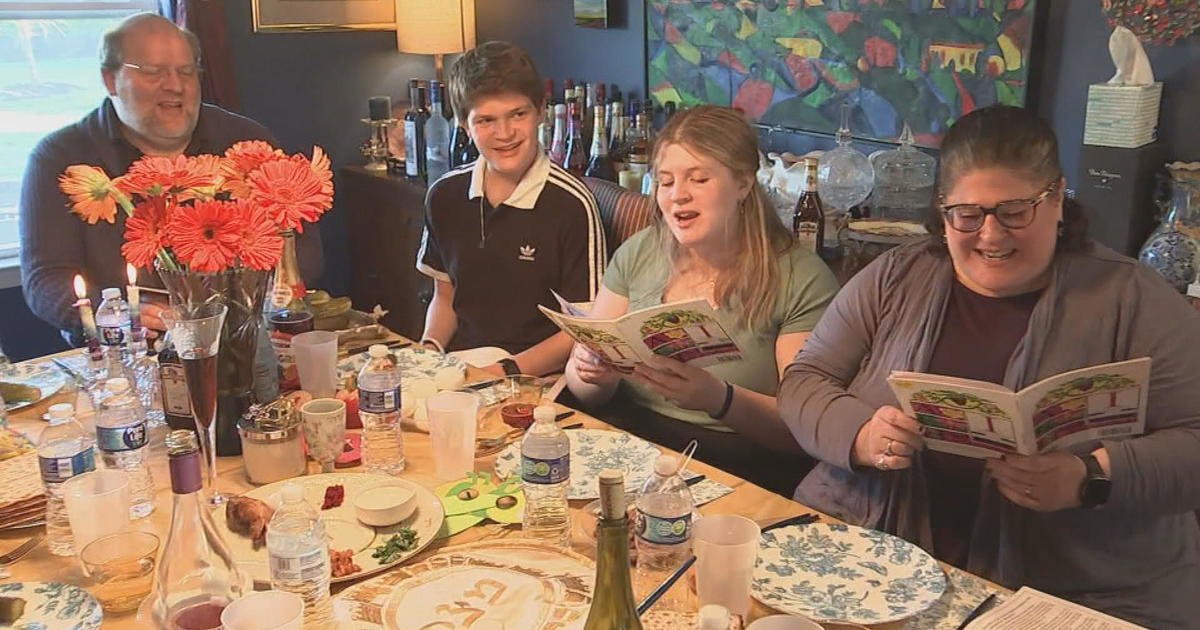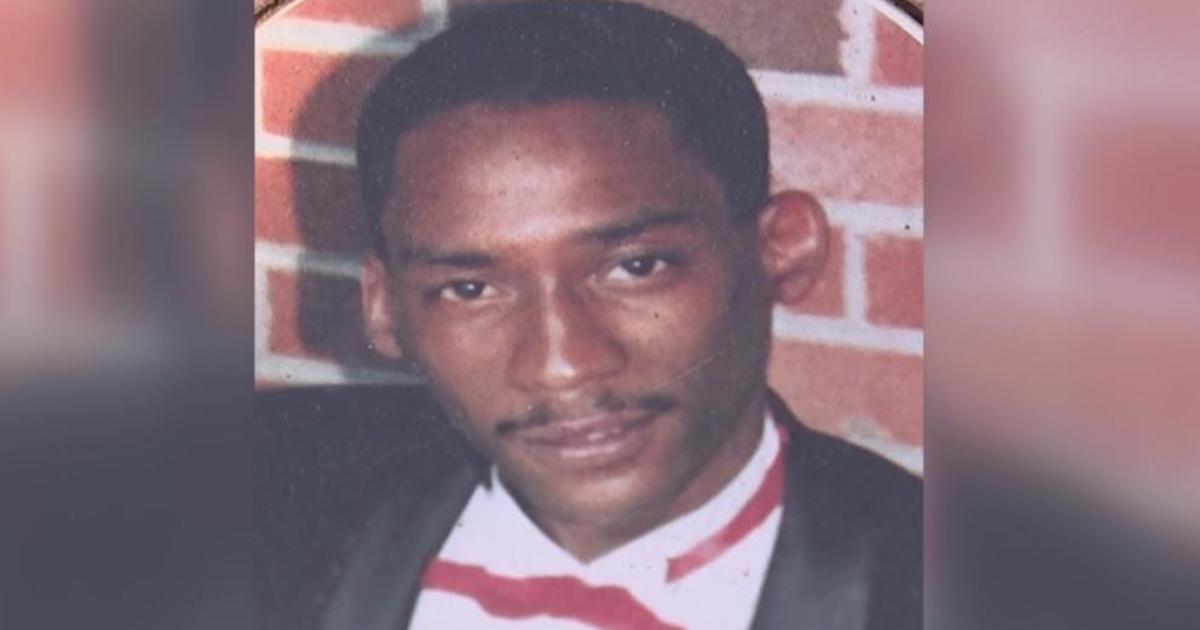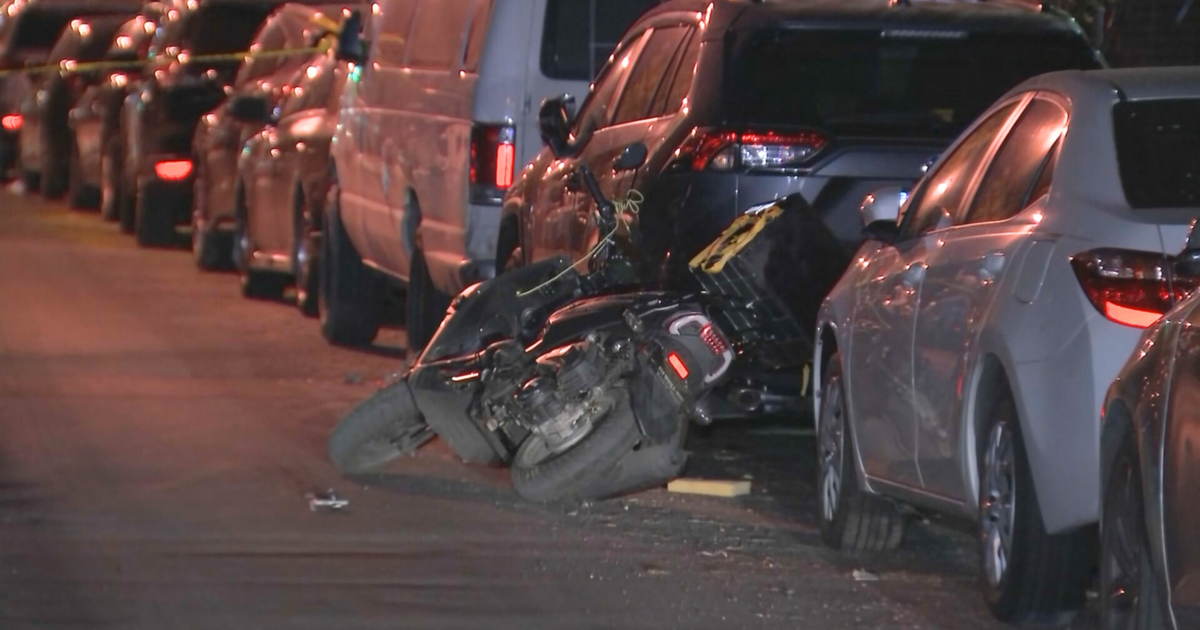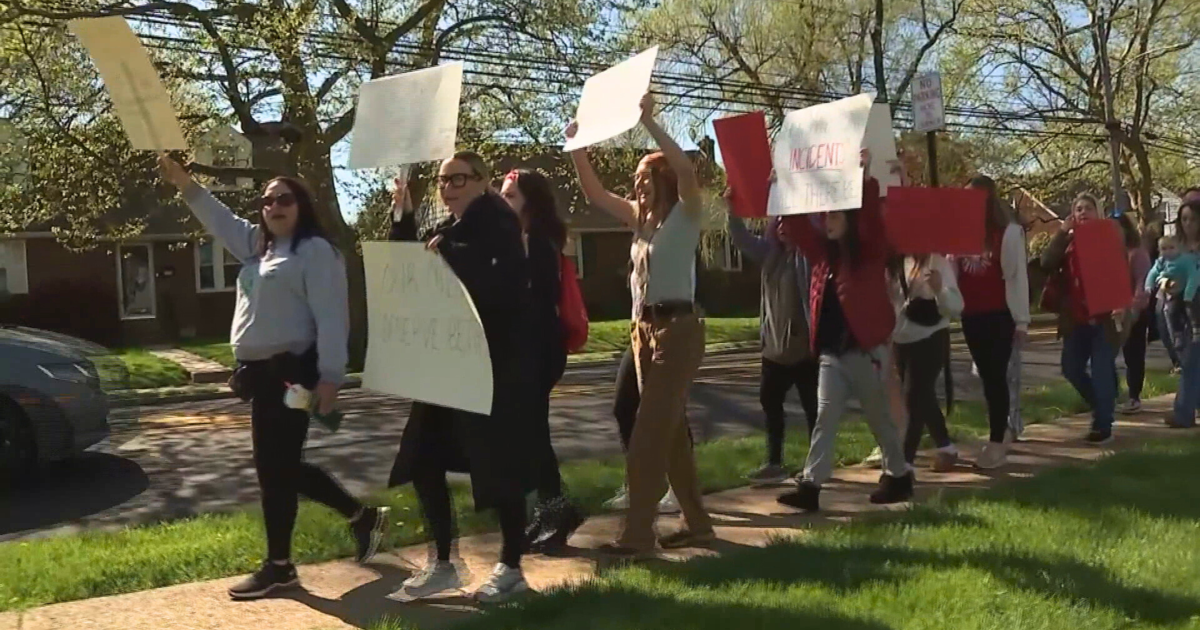Penn Medicine Celebrates 5,000 Kidney Transplants
By Tim Jimenez
PHILADELPHIA (CBS) - Earlier this year, the 5,000th kidney transplant in Penn Medicine history took place. It is a milestone that puts them in elite company, which they celebrated Thursday night.
It was this past May when the Penn Transplant Institute became the 14th in the country and the first in the region to reach the 5,000 mark. Thursday, faculty, staffers and patients got together at Penn's Biomedical Research Building to toast the accomplishment.
"They had no idea how it was going to turn out," recalled Howard Mehl of Delware County. Mehl, 69, was the first kidney transplant patient in Penn's history. It all started for him in the summer of 1965. Mehl said he was working in California when a doctor told him his kidneys were not functioning well. He explained that doctors told him he may have six-to-seven months to live. He flew back to Philadelphia to be closer to family and get checked out again.
"The prospects didn't look too well," he said. "The doctor (at Penn) was saying we can take a kidney from one person and put it into another."
The first successful kidney transplant took place in 1954 between identical twins in Boston's Peter Bent Brigham Hospital according to the National Kidney Foundation. It was a relatively new and risky procedure that Mehl said he had no choice but to try.
"I was sick. I was blind. I had migraine headaches 24/7. I asked God, 'Just let me die.' I couldn't handle the pain and suffering anymore," he said.
Then, In February 1966, Mehl, at 21-years-old, received a kidney from his brother Joe.
"I can't get rid of him!" Mehl joked as he sat next to Joe at the celebration. They were two of seven children and all of the siblings were tested. But it was Joe, the brother four years older, who doctors selected as sthe perfect match.
"I really felt good about doing it," Joe Mehl said. "My wife wasn't too happy about it because I had three little kids. But back then, I never even gave a thought about what could happen. It's your brother, what are you going to do? I believe he would have done the same thing."
After the surgery, Howard said doctors told him if he lived another five-to-seven years the transplant would have been a success.
"Here I am today with my wife, three beautiful sons, two daughters-in-law and four grandkids; two in and two on the way," Mehl explains. In a month he will celebrate his 70th birthday.
"I had the best kidney in the whole world!" Joe Mehl said laughing.
"That's why I'm keeping him around. For the other one!" Howard shot back.
From number one to 5,000, fast forward to May 2013. Karen Tickner of Montgomery County received her new kidney from an anonymous California donor.
"No matter what number you are, being 5,000 or not, it's still a special gift," she said. Tickner explained that she was diagnosed with a kidney ailment when she was young. It was not until recent years when her doctors told her she needed to get on dialysis.
"I thought that was the end of the world for me. My mother was on dialysis and survived 10 years before she passed away," she said. "My fear was that would happen to me."
So, she and her husband Kevin took part in a kidney exchange, the second largest in the world, which included 28 pairs of donors and recipients from across the country. Kevin, who was not a match for Karen, donated one of his kidneys to a patient in need, which then enabled Karen to get her life-saving kidney from an anonymous California donor.
"I'm so eternally grateful for him," Karen explained with Kevin by her side. "It's just amazing he made a special gift just for me!"
Kevin, in turn, said he loved his wife and did what he had to do.
"Even though I wasn't a match for my wife she was still able to get a kidney and someone else was able to use mine."
Officials at Penn say they perform more than 200 adult kidney transplants each year. Dr. Paige Porrett, who performed Karen's transplant, said the need is always great and she encourages more people to consider becoming an organ donor.
"We can't do anything without the donors. The degree of desperation is high so sign your cards, ask the questions, call a center," she said.



